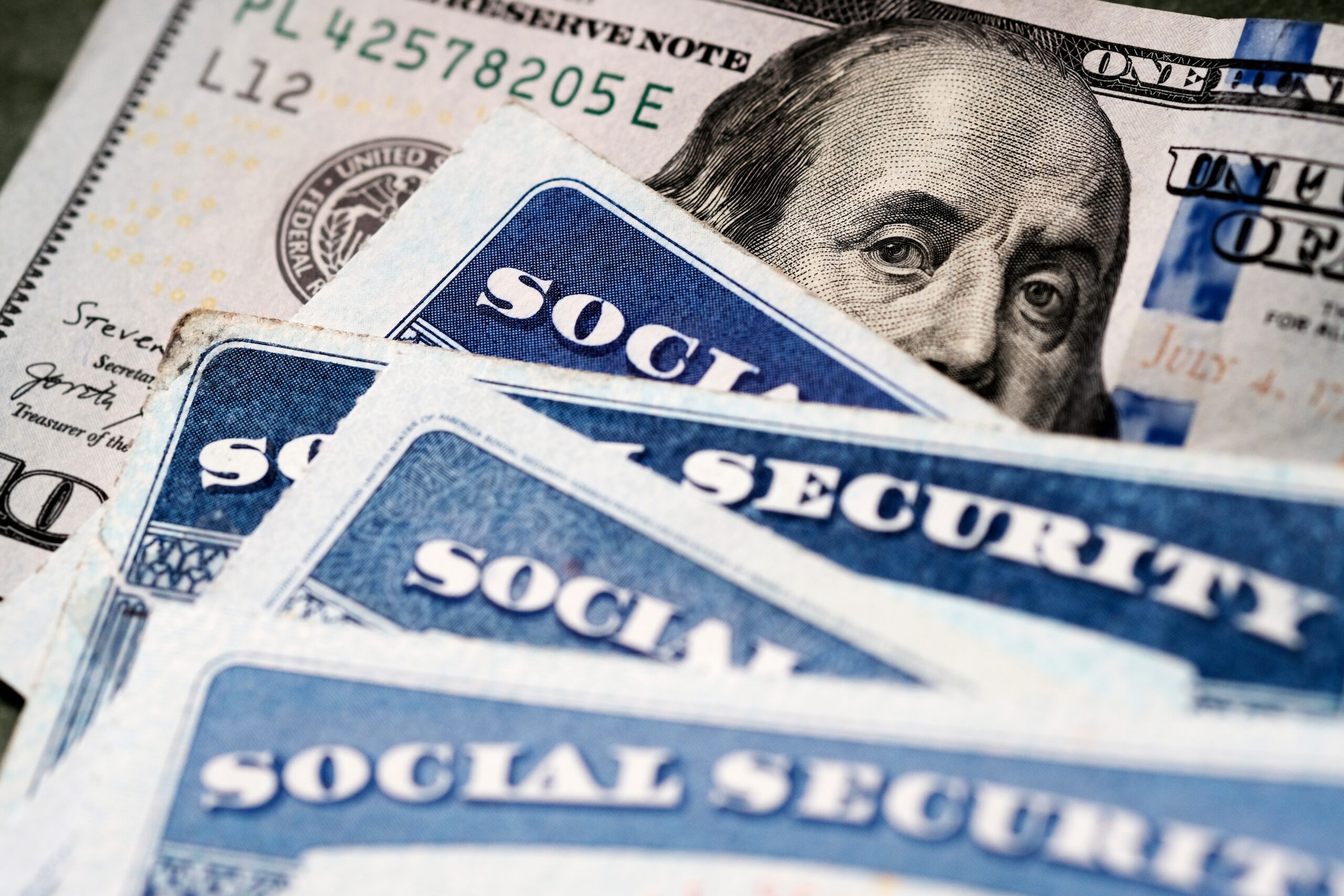In a world where we rely on the internet for nearly everything, data breaches have unfortunately become more common. Recently, a massive data leak of 2.7 billion records—including Social Security numbers—has left people everywhere wondering: “How does this affect me?”
Let’s break it down so you understand the risks and how to stay protected.
What Happened?
In one of the largest data leaks to date, 2.7 billion personal records stored by National Public Data were exposed online. These leaked records consisted of sensitive information including email addresses, passwords, mailing addresses, Social Security numbers, and more. While the full scope of this breach is still being uncovered as part of an ongoing lawsuit, the records are believed to come from a variety of sources, including social media platforms, online services, and databases across the web. Millions of Americans may be affected.
In short, if you’ve been active online in any capacity, there’s a strong chance that your data could be part of this breach.
How Am I Affected?
So, what does this mean for you? Here are some potential risks:
- Identity Theft: With your personal information floating around, cybercriminals can potentially use it to open credit cards, take out loans, or even file taxes in your name.
- Account Compromise: If passwords were exposed, hackers might try to access your accounts—especially if you use the same password across multiple platforms.
- Phishing Scams: You could start receiving more phishing emails, where scammers pose as legitimate companies to steal even more personal information.
It’s important to stay vigilant. Even if you don’t notice any immediate issues, that doesn’t mean your information isn’t being used. Sometimes, cybercriminals wait months or even years before acting on the data they’ve obtained.
What Can You Do About It?
- Freeze Your Credit: First things first, you’re going to want to freeze your credit reports. This will prevent identity thieves from opening lines of credit in your name. To freeze your credit, you’ll need to visit the websites of the three major credit bureaus—Experian, TransUnion, and Equifax—and view your credit reports. On each report, select the option, “Freeze My Credit Report,” and just like that, you’ve completed the most important step to protecting your identity. The only time you’ll need to unfreeze your report is when you want to open a new line of credit.
- Change Your Passwords: If you’re reusing passwords across different sites, it’s time to change them. Enable two-factor authentication whenever possible, and consider using a password manager to create strong, unique passwords for each account.
- Monitor Your Accounts: Regularly check your bank statements, credit card bills, and online accounts for any unusual activity. If you see something strange, report it immediately.
In addition to these critical steps, you may want to consider signing up for an identity protection service like LifeLock, which can alert you to fraudulent use of your personal information and help recover your identity if needed. Taking these proactive steps can help safeguard your personal data and give you peace of mind.
Given the number of data leaks online these days, it’s not so much a matter of if your information will be exposed as a matter of when. This recent breach is an important reminder that we all need to be proactive about our online safety. By following some simple steps and maintaining vigilance, you can protect your identity and stay safe online.
[offerpromo]











